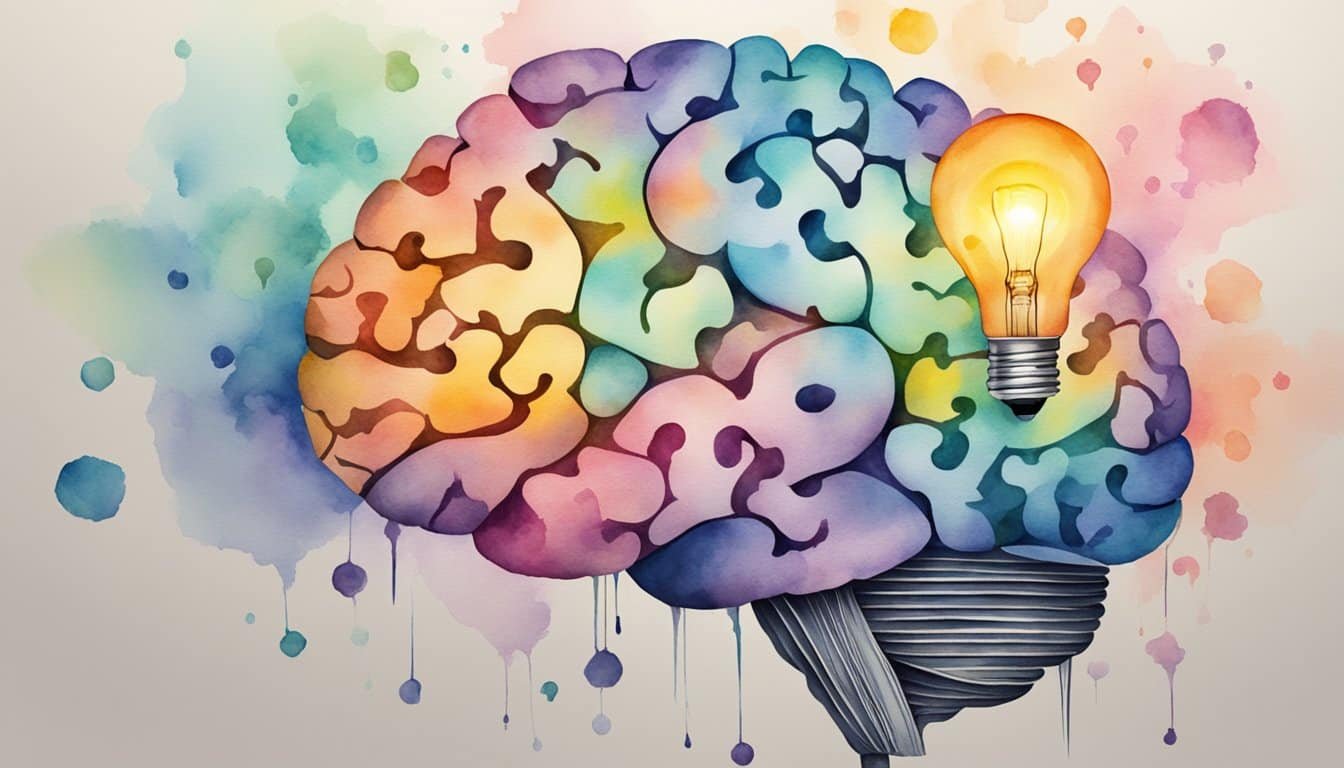Understanding IQ
IQ, or intelligence quotient, provides a measure of a person’s reasoning ability compared to the average for their age group. It offers insight into their potential for learning and understanding complex ideas.
Origins and History
The concept of IQ began with the French psychologist Alfred Binet, who, in the early 20th century, developed the first practical intelligence test. Binet’s test assessed mental age, the level of intellectual development as compared to average intellectual performance at that age. The scoring system used today was later refined by German psychologist William Stern, who introduced the term ‘IQ’. The Stanford-Binet intelligence scale, an extension of Binet’s work by American psychologists at Stanford University, helped standardize IQ testing in the United States.
Components of IQ Tests
Modern IQ tests, such as the Wechsler Adult Intelligence Scale (WAIS), consist of various tasks designed to measure different types of abilities. These components include verbal comprehension, perceptual reasoning, working memory, and processing speed. Each of these areas combines to form a composite score that suggests a person’s cognitive abilities across a range of disciplines.
Interpreting Scores
IQ scores are typically distributed on a bell curve and expressed in terms of standard deviation from the mean, which represents the average IQ score—usually set at 100. The majority of people score within one standard deviation of the mean on either side (between 85 and 115). Scores significantly above or below this range may indicate exceptional intelligence or potential difficulties with cognitive tasks, respectively. It’s important to remember that while IQ tests can provide valuable information, they’re just one of many tools used to understand an individual’s unique cognitive profile.
Factors Influencing IQ

Intelligence Quotient (IQ) serves as a standard measure of an individual’s cognitive abilities relative to their age group. Two pivotal components play substantial roles in shaping IQ: genetic makeup and environmental influences, each weaving a complex interplay of factors that contribute to the intellectual tapestry of a person.
Genetics vs Environment
IQ’s heritability has been a topic of scientific inquiry for decades, suggesting that genetics could account for approximately 30-80% of a person’s IQ. Studies support that while an individual’s intelligence may be anchored in their genes, environmental factors such as nutrition and access to education can considerably sculpt cognitive ability throughout one’s life. This dynamic balance underscores that one’s inherited potential can be significantly modulated by their environment.
Socioeconomic Elements
An individual’s socioeconomic status (SES) has a notable impact on their IQ. Lower SES often correlates with limited educational resources and suboptimal nutrition, which can hinder cognitive development. Conversely, higher SES can afford more learning opportunities and a richer intellectual environment, furthering cognitive growth.
- Nutrition: Essential for proper brain development during key growth phases, linking better nutrition to higher IQ levels.
- Access to Education: Plays a pivotal role in a child’s intellectual growth, as early and sustained educational engagement is closely tied to cognitive advancement.

Cultural and Educational Impact
There is an undeniable cultural impact on IQ, as societal values and norms dictate the emphasis on education and cognitive development. Cultures that value learning and provide widespread access to education tend to have populations with higher average IQ scores. Furthermore, the Flynn effect describes the phenomenon of rising IQ scores over generations, which is partly attributed to enhanced educational systems and improved living standards globally. This effect illustrates the transformative power of culture and education on collective intellect over time.
IQ in Society

Intelligence Quotient, or IQ, serves as a numerical indicator of an individual’s mental abilities relative to their age group. The role it plays in society is multifaceted, affecting educational paths, job opportunities, and often sparking vigorous debate.
Measuring Potential and Achievement
IQ tests are psychometric tools designed to assess mental capacity. These tests aim to measure a range of cognitive abilities, including memory, analytical thinking, and problem-solving skills. A typical aspect of IQ measurement is the IQ classification which places individuals on a scale within a bell curve. Most people score in the average range, while scores markedly higher or lower may indicate giftedness or a learning disability, respectively.
For many, IQ scores are seen as predictors of academic achievement or success in life, guiding educational institutions and employers in identifying potential. However, the reliability of an IQ test to forecast life success is a subject of ongoing research and debate.
Controversies and Criticisms
The use of IQ in society has not been without its controversy. Some of the criticism focuses on the history of IQ tests being used to support the now-discredited eugenics movement. Others question the ability of IQ tests to measure the multi-dimensional nature of human intelligence fairly across different cultures and socioeconomic backgrounds.
Moreover, IQ tests have faced scrutiny for potentially contributing to self-fulfilling prophecies wherein an individual’s scores might limit their opportunities and societal expectations. Discussions around the ethics of intelligence tests and their impact on people with learning disabilities or those identified as gifted showcase the complexity of IQ’s role in society.
Fascinatingly, despite the scrutiny, these tests continue to evolve and be used in various settings, highlighting the ongoing interest in quantifying human intelligence.

